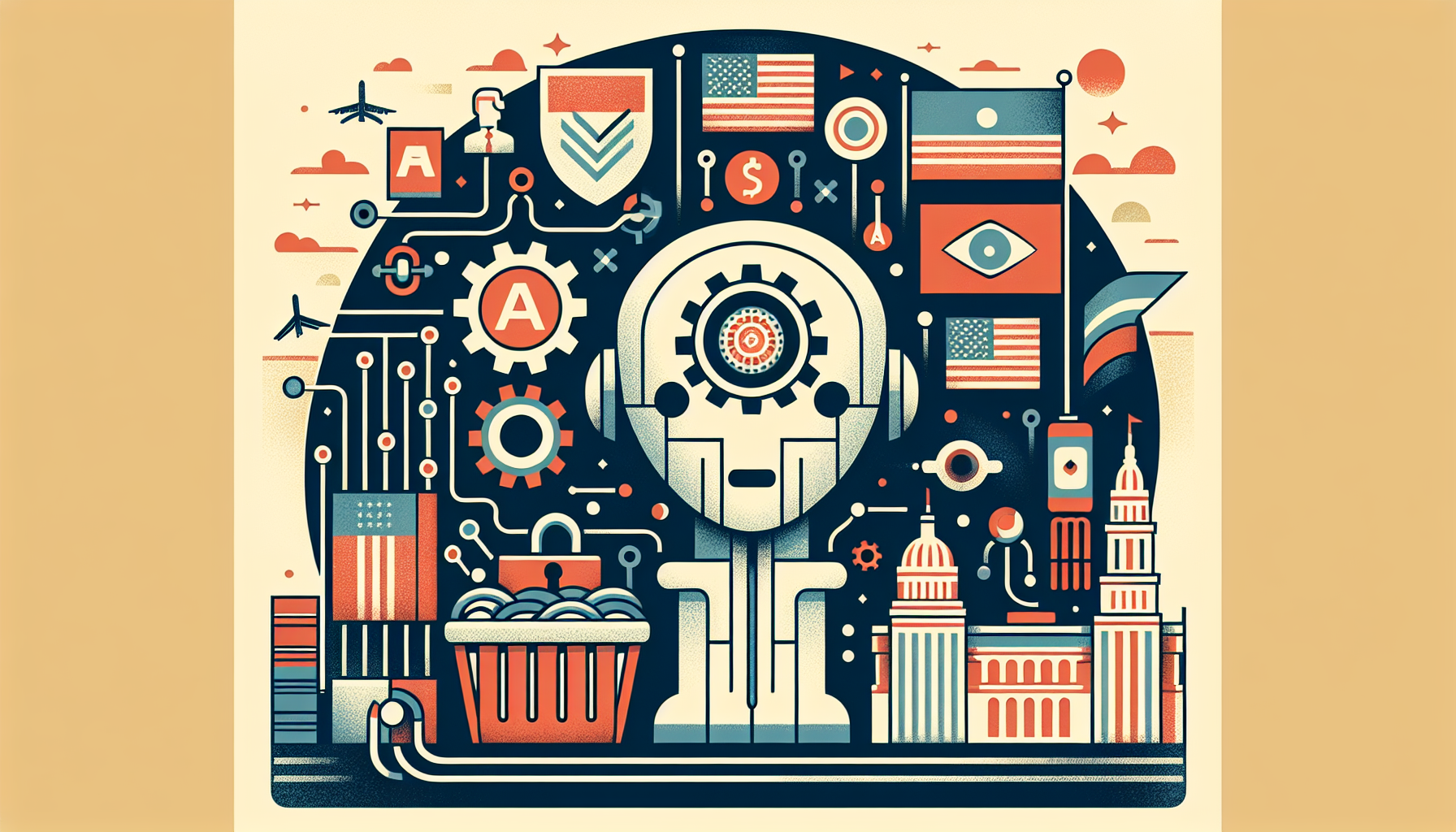Government-Led Initiatives and Investments
China’s AI strategy is strongly supported by government initiatives and significant investments. The State Council’s “New Generation Artificial Intelligence Development Plan,” launched in 2017, aims for China to lead in AI by 2030. This plan focuses on using AI to drive economic growth, improve social services, and enhance national security. The government is investing heavily at all levels—federal, provincial, and local—through direct grants, partnerships between the public and private sectors, and investments in AI infrastructure.
Accessing Restricted Technologies
Despite facing restrictions on U.S. technologies, Chinese entities have found ways around these limits. State-linked organizations are using cloud services from Amazon Web Services (AWS) and Microsoft Azure to tap into advanced AI models and computing resources. For example, Zhejiang Lab, a state-linked research group, wanted to use AWS for its large language model, GeoGPT, due to local computing power shortages. Similarly, the National Center of Technology Innovation for EDA used funds to get an overseas AWS account to access Claude 3, an AI model by Anthropic, despite Anthropic’s policy against providing access to users in China.
Collaboration with International Institutions
Chinese organizations are also working with international partners to boost their AI capabilities. For instance, Huawei is a key donor to the Technical University of Munich, a major AI research hub in Europe. Additionally, Chinese military-linked entities have given substantial funds to the University of Cambridge for sensitive AI research, showing the extent of China’s outreach in global AI development.
Regulatory and Ethical Considerations
China has set up regulations to control how AI is deployed and used. The Personal Information Protection Law (PIPL) manages the collection, storage, and use of personal data. National guidelines require transparency, accountability, and data security for AI applications. In 2023, the government released the Interim Measures for Generative Artificial Intelligence Service Management, the first comprehensive regulations for generative AI service providers. However, these rules also include strict censorship, which can be politically motivated, posing challenges for developers.
Technological Advancements and Efficiency
Chinese labs have made notable advances in AI research, especially in natural language processing, math, and coding. Labs like 01.AI, Alibaba, Zhipu AI, and DeepSeek AI have developed models that compete strongly with those from U.S. labs. These labs emphasize high performance with efficient use of resources, often employing techniques like aggressive quantization. For instance, DeepSeek’s models have surpassed GPT-4 in solving math problems, showcasing the strength of Chinese AI research.
Global Implications and Concerns
The ability of state-linked Chinese organizations to access powerful AI infrastructure brings several concerns. While the U.S. and other Western countries have placed restrictions to limit China’s AI progress, China continues to advance due to open-source developments and a robust domestic environment. The geopolitical tensions make international talks on regulating advanced AI models complex. China’s Global AI Governance Initiative aims to change global AI standards, aligning with the Global South and challenging Western perspectives.
In conclusion, state-linked Chinese organizations are using a mix of government backing, international partnerships, and innovative tactics to access and develop advanced AI infrastructure. While these advancements highlight China’s quick rise as a technological power, they also underscore the need for strong regulations and ethical guidelines to ensure responsible AI development. The global impact of these developments is significant, affecting not only technology competition but also geopolitical relations and the future of AI governance.

Leave a Reply